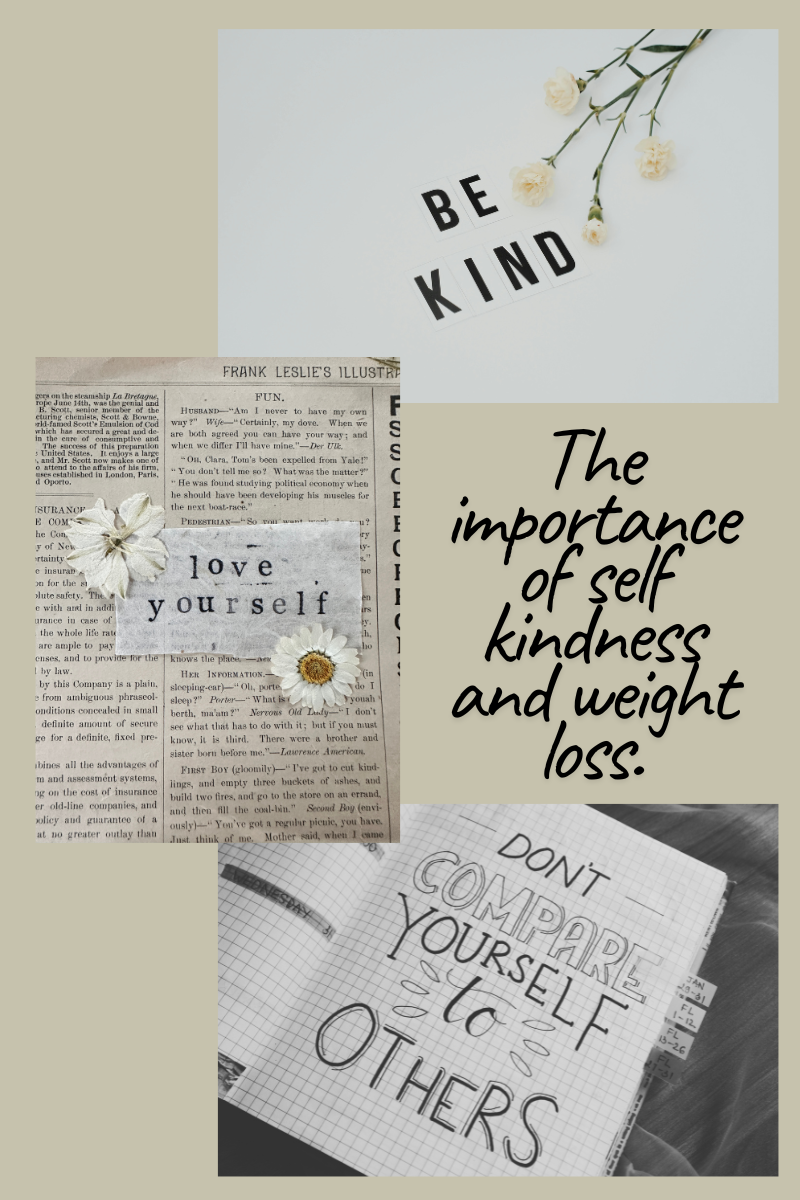Exercise is an important part of a healthy lifestyle - Group talk week commencing 04/10/2021
- friendsonajourney2
- Oct 13, 2021
- 3 min read

We are all aware exercise forms an important part of a healthy lifestyle. However there are lots of misunderstandings about what type of exercise is the most beneficial and how much time we should spend exercising.
What forms of exercise are you currently doing and how long do you usually spend exercising.
Lets look at a few exercising myths.
If we would work out, we can eat lots more: This regretfully isn't true it is a myth.
For example a study conducted at Loughborough Uni, running at a brisk pace around a track for 10 minutes consumes about 16 calories a minute so totalling 160 calories over 10 minutes. Putting this in perspective a small bar of chocolate contains about 240 calories, so you would eat 80 calories more than burned.
Albeit exercise is an excellent way to stay healthy and fit.
The more you exercise, the better: another myth, HIIT (High Intensive Interval Training) is directly better than running for hours on end.
In a BBC Horizon Documentary "The truth about exercise" Dr. Michael Mosley committed to three lots of 20 seconds HIIT sessions on an exercise bike, three times a week, during this time his insulin sensitivity improved by 24%.
The documentary also showed that the considerable problem with exercise is the draw to reward ourselves with food treats i.e. people do 30 minutes on the treadmill, burn about 120 calories then lie around and eat a muffin for example at approximately 500 calories so again eating 380 calories more than burned.
It summarised that HIIT suppresses our appetite, so this is less likely to happen.
HIIT directly targets visceral fat, burning away the fatty deposits that can lead to insulin resistance and type 2 diabetes.
Stretching before you exercise will prevent injury: Static stretching, bending, that are holding movements will not prevent injury, however dynamic movements such as arm circling and side-stepping sends messages from the brain to the muscles saying, "we are ready to work", static stretching in contrast, triggers an inhibitory response in the brain.
If you don't exercise when you are young, you have to go gently when you are older: It's never too late to take up exercise. Clearly the older we are, we initially need to take things easier/gently and then increase it steadily.
The fear that exercise in later life will lead to a heart attacks and strokes is untrue.
The best time to exercise is first thing in the morning: This is not easy to examine as it's thought exercising before breakfast has advantages of burning more fat in the fasting state. However if performance is more important, then late afternoon or early evening may be better.
Exercise puts you in a good mood: This is not totally true people do report feeling happier but that is often the real kick they get out of exercising.
The "endorphin release" is not likely to make them feel euphoric. Endorphin molecules are too large to cross the blood - brain barrier and actually reach the brain.
Evidence is actually much stronger for the positive impact on mood of time spent being active outdoors, particularly in a green environment. i.e. going for a run or walk in the park will lift your mood more than doing the same exercise in the gym.
Doing ab workout and crunches will get rid of body fat: Exercise alone will not give you a six pack, to create a six pack requires dieting and lots of varied abdominal exercise including sit-ups, crunches, leg lifts, butt ups, planks and pull ups.
Isotonic drinks are the best way to rehydrate: No definitely not unless you are an athlete working out for long periods of times and doing lots of sweating.
In fact milk is probably better for you than isotonic drinks which are full of unnecessary sugars/calories.
Milk is better than either a sports drink or water because it's a sources of high quality protein, carbohydrate's, calcium and electrolytes.
Milk is surprisingly enough, a good way of replacing sodium, which is lost in sweat.
Why don't we need to track calories burned:
Fitness tracker - the latest high-tech version - Tracks that run, burned 328 calories.
The Reality - the latest high-tech version - It cannot predict the exact calories you burned.
It a very good idea to be aware of calories and track them when losing weight, so surely its a good idea to track calories burned.
Well, No its not.
WHY.
The reason is simple nutritionists/scientists calculate the calories on food labels to be as accurate as possible! however tracking apps and watches are not accurate they estimate calories burned on an average.
What you can be sure of is regularly moving and exercising you will be using energy, which will help you lose fat. Using apps and watches to set goals and targets and tracking regularity of movement rather than exact burned calories is much more beneficial to us all.
Resource:
Book - The fitness Chef - Graeme Tomlinson - Eat what you like and lose weight for life.




Comments